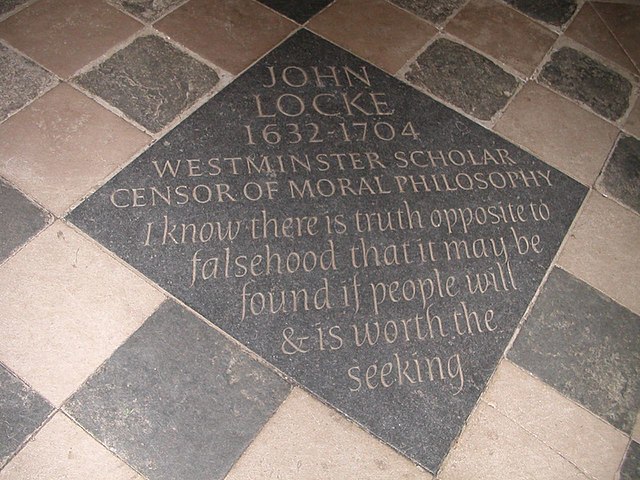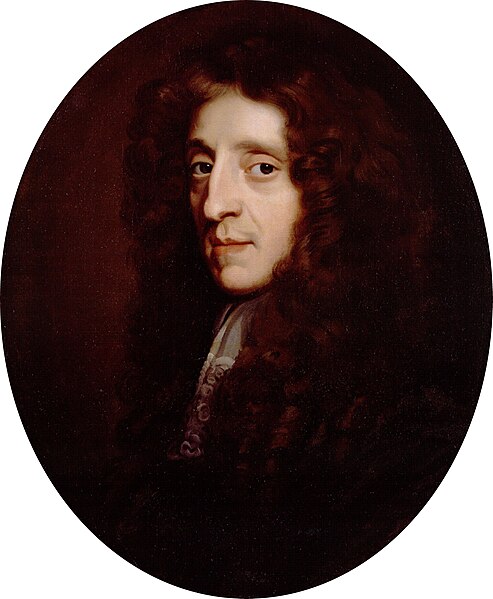Associationism is the idea that mental processes operate by the association of one mental state with its successor states. It holds that all mental processes are made up of discrete psychological elements and their combinations, which are believed to be made up of sensations or simple feelings. In philosophy, this idea is viewed as the outcome of empiricism and sensationism. The concept encompasses a psychological theory as well as comprehensive philosophical foundation and scientific methodology.
John Locke was the first person to use the phrase association of ideas
John Locke was an English philosopher and physician, widely regarded as one of the most influential of Enlightenment thinkers and commonly known as the "father of liberalism". Considered one of the first of the British empiricists, following the tradition of Francis Bacon, Locke is equally important to social contract theory. His work greatly affected the development of epistemology and political philosophy. His writings influenced Voltaire and Jean-Jacques Rousseau, and many Scottish Enlightenment thinkers, as well as the American Revolutionaries. His contributions to classical republicanism and liberal theory are reflected in the United States Declaration of Independence. Internationally, Locke's political-legal principles continue to have a profound influence on the theory and practice of limited representative government and the protection of basic rights and freedoms under the rule of law.
Portrait of Locke, 1697
John Locke's portrait by Godfrey Kneller, National Portrait Gallery, London
Engraved memorial plaque at Oxford
Portrait of John Locke by John Greenhill (died 1676)




